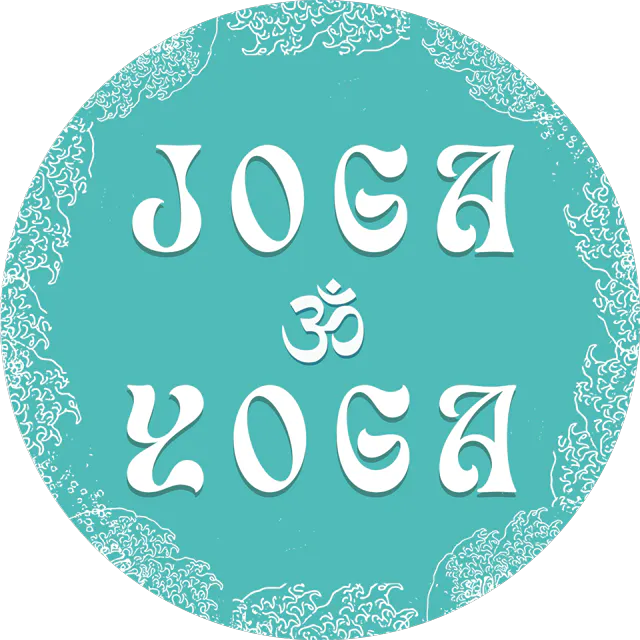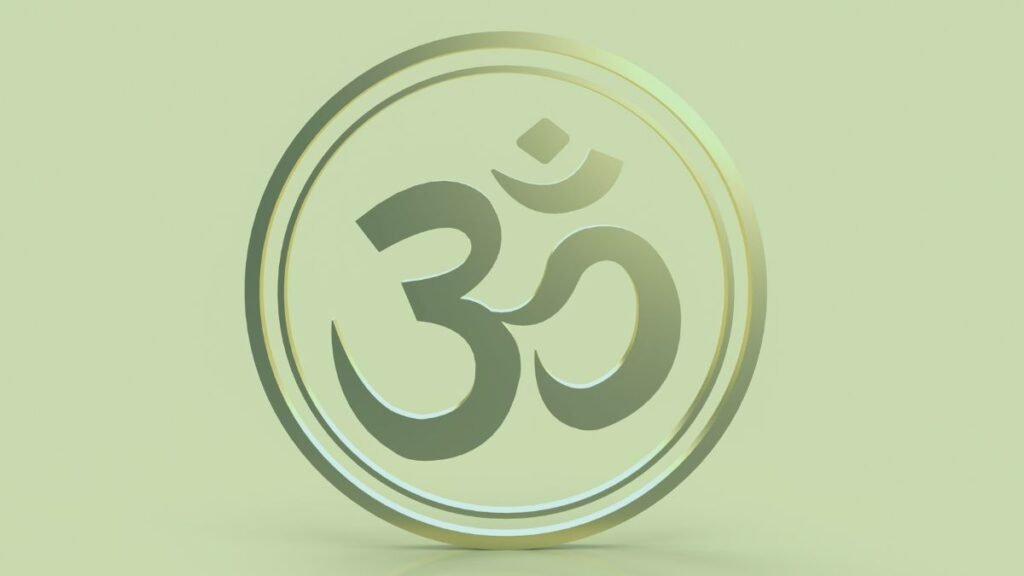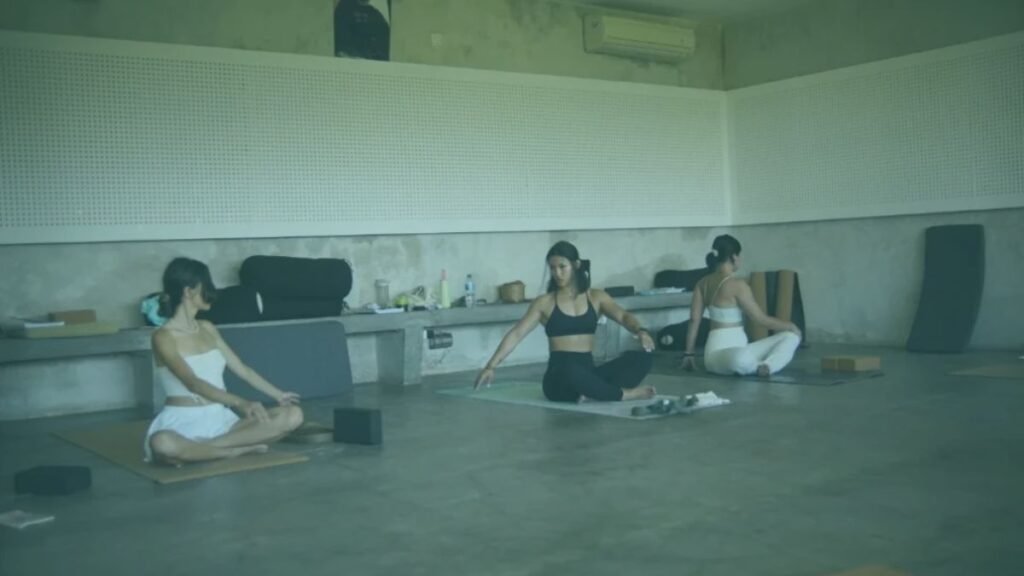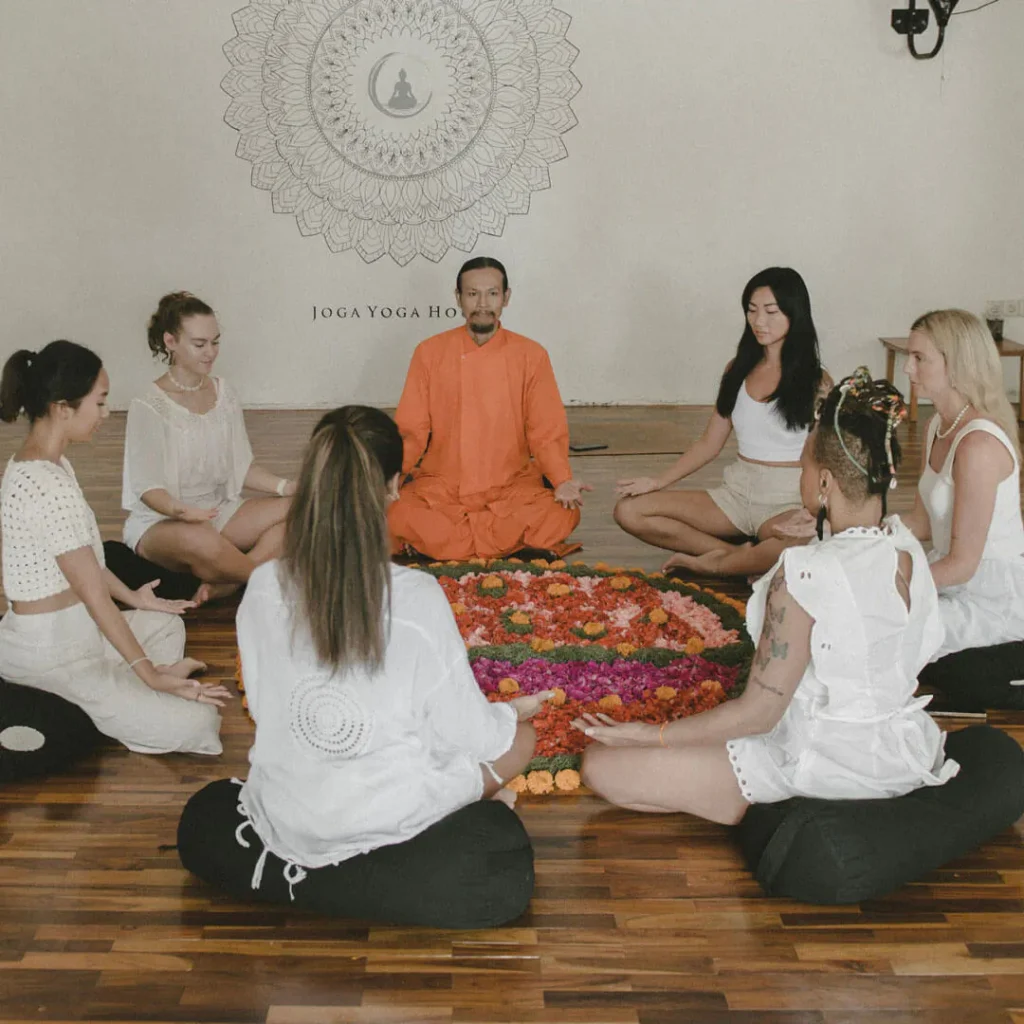What Is Yoga Certification and Why Does It Matter?
Definition and Purpose
Yoga certification is an official credential awarded to individuals who complete a structured training program in yoga instruction. This certification verifies that the practitioner has undergone specific hours in coursework covering asanas (poses), pranayama (breathwork), anatomy, philosophy, and teaching methodology.
In essence, yoga certification provides a formal framework for assessing a person’s competence to teach yoga safely and effectively in group or private settings. Most programs are designed to prepare future instructors to confidently lead classes, emphasizing physical safety, sequencing, and ethical conduct.
Certification levels typically start at 200 hours and can progress to 300 or 500 hours, depending on the instructor’s goals and commitment to advanced training.

Importance in the Industry
While yoga certification is not a legal requirement in most countries, it has become a de facto standard for professional credibility. Studios, wellness centers, and retreat programs frequently require certification, often from Yoga Alliance-recognized schools, as a condition for employment.
For clients and students, certification signals that an instructor has received legitimate training and adheres to safety, alignment, and ethical standards. For instructors, it opens the door to teaching jobs, insurance eligibility, and career development opportunities.
In a rapidly expanding wellness industry, certification plays a critical role in:
- Differentiating qualified professionals from untrained hobbyists
- Ensuring consistent standards across yoga instruction globally
- Supporting instructors in gaining liability coverage and establishing trust with clients
Overview of Yoga Certification Levels
200-Hour Yoga Teacher Training (YTT)
The 200-hour YTT is the industry-standard foundational certification. It introduces aspiring yoga teachers to the core elements of instruction, including:
- Basic and intermediate yoga postures
- Breath control techniques (pranayama)
- Anatomy and safe movement principles
- Class sequencing and cueing
- Yoga philosophy, including key texts like the Yoga Sutras
- Teaching practice and feedback integration
This certification is typically the minimum requirement for employment as a yoga instructor and is recognized by global registries such as Yoga Alliance.
Programs may be completed in immersive (3–4 week) formats or over several months in part-time or online structures. Upon completion, graduates are eligible to apply for RYT-200 designation through Yoga Alliance.
300-Hour Advanced YTT
Designed for instructors who have already completed a 200-hour program, the 300-hour YTT is an advanced training that deepens both practice and teaching expertise. It focuses on:
- Advanced asana breakdowns and modifications
- Therapeutic applications of yoga
- Meditation and energetic anatomy (chakras, nadis)
- Detailed study of teaching methodologies for specialized groups (e.g., seniors, prenatal, injury recovery)
- Philosophy, ethics, and integrating yogic lifestyle principles into modern teaching
A combined 200-hour + 300-hour track meets the requirements for the RYT-500 designation.
500-Hour YTT
The 500-hour YTT is the most comprehensive standard yoga certification, which can be completed either as one continuous program or as a combination of 200-hour and 300-hour modules from recognized schools. This level offers:
- In-depth anatomical and biomechanical training
- Integrated yoga therapy models
- Leadership and teacher mentorship strategies
- Mastery-level sequencing and communication skills
Graduates of 500-hour programs are typically positioned to teach at advanced levels, lead teacher trainings, and mentor newer instructors. They also qualify for E-RYT 500 status after meeting experience criteria.
Specialty Yoga Certifications
Registered Children’s Yoga Teacher (RCYT)
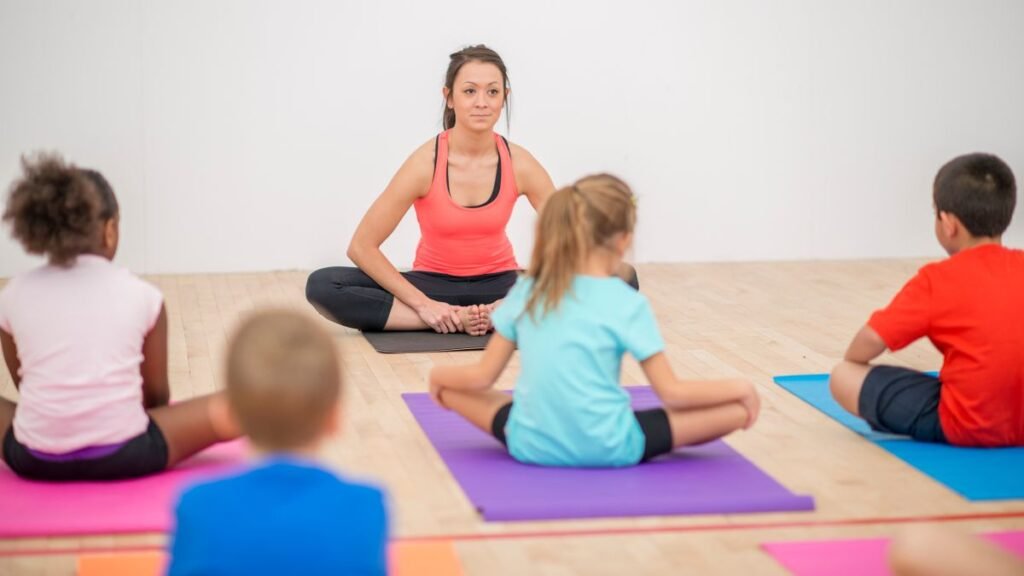
The RCYT credential is designed for instructors who wish to specialize in teaching yoga to children. This certification builds on a foundational 200-hour YTT and requires:
- Completion of a 95-hour Children’s Yoga Teacher Training program registered with Yoga Alliance (RCYS)
- A minimum of 30 hours of teaching experience with children, completed after finishing the RCYS course
The training includes child psychology, age-appropriate asana modifications, classroom management strategies, and how to create engaging, safe classes for various age groups.
Registered Prenatal Yoga Teacher (RPYT)
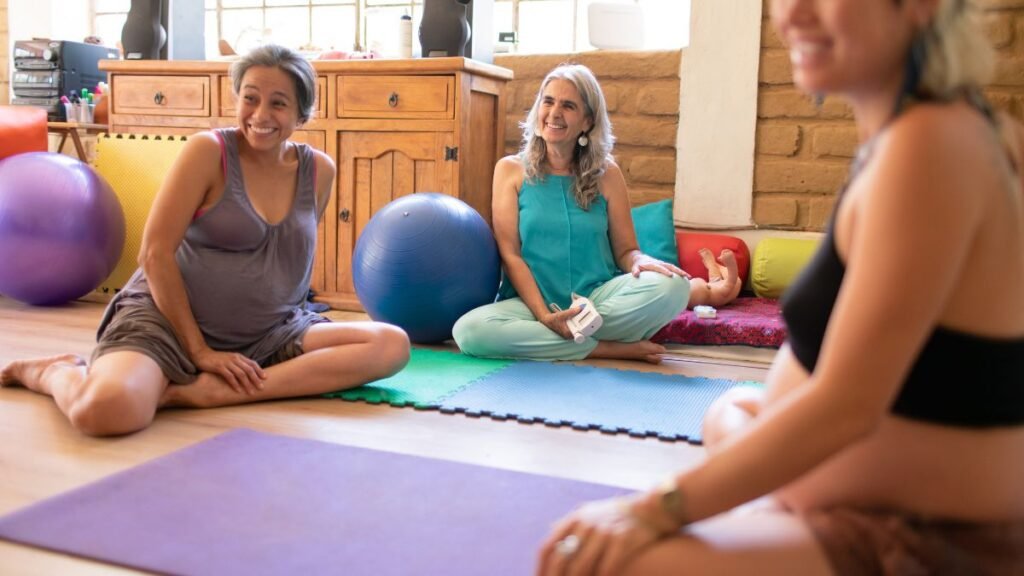
For instructors passionate about supporting individuals during pregnancy, the RPYT designation offers a specialized path. To qualify, instructors must:
- Complete an 85-hour Prenatal Yoga Teacher Training with a Yoga Alliance-registered school (RPYS)
- Submit 30 hours of prenatal yoga teaching experience post-training
Prenatal yoga focuses on safe modifications, labor preparation, emotional regulation, and anatomical awareness during pregnancy. The curriculum also covers contraindications, trimester-specific practices, and birth education fundamentals.
RPYT-certified instructors are often in high demand in studios, wellness clinics, and doula networks.
Understanding Yoga Alliance Credentials
Registered Yoga Teacher (RYT)
Yoga Alliance offers the Registered Yoga Teacher (RYT) designation as a globally recognized credential for yoga instructors. Key levels include:
- RYT 200: Completion of a 200-hour YTT with a Registered Yoga School (RYS)
- RYT 500: Completion of a combined 500 hours of YTT (either one 500-hour program or a 200-hour plus 300-hour sequence) with Yoga Alliance-recognized schools
These credentials validate the instructor’s training history, establish industry credibility, and grant access to continued education, insurance options, and professional directories.
Experienced Registered Yoga Teacher (E-RYT)
The E-RYT title signifies a deeper level of experience and teaching maturity. Requirements include:
- E-RYT 200:
- Completion of an RYS 200-hour training
- Minimum of 1,000 hours of teaching experience over at least 2 years post-certification
- E-RYT 500:
- Completion of an RYS 500-hour training
- A minimum of 2,000 teaching hours, with at least 500 hours completed after the 300/500-hour training
- At least 4 years of post-training teaching experience
E-RYT 500s are eligible to become Lead Trainers in teacher training programs and are recognized as senior educators in the yoga community.
Steps to Becoming a Certified Yoga Instructor
1. Choose a Registered Yoga School (RYS)
Start by selecting a school that is accredited by Yoga Alliance or another recognized credentialing body. An RYS ensures the program meets international standards in curriculum, instructor qualifications, and training hours.
Joga Yoga Teacher Training, based in Bali, is an RYS offering immersive multi-style YTT programs in Hatha, Vinyasa, and Yin yoga.

2. Complete the Required Training Hours
Depending on your goals, you may choose:
- A 200-hour YTT to gain foundational certification
- A 500-hour YTT for comprehensive training and advanced positioning in the field
Programs can be completed in immersive intensives or over time through part-time or hybrid formats.
3. Register with Yoga Alliance
After completing your training, apply to Yoga Alliance to obtain your RYT credential. You’ll need to:
- Submit your training certificate
- Provide details on your program dates and instructors
- Pay the initial registration and annual renewal fees
4. Gain Teaching Experience
To progress toward E-RYT levels or specialty designations, begin accumulating teaching hours. These can include:
- Studio and retreat classes
- Private sessions
- Community yoga or online teaching
Maintaining accurate records of your hours is essential for credential advancement.
Choosing the Right Yoga Certification Program
Consider Your Goals
Before enrolling in a certification program, clarify your career direction. Are you looking to:
- Teach general yoga classes in studios or fitness centers?
- Specialize in niches like prenatal yoga, children’s yoga, or yoga therapy?
- Deepen your own practice before deciding to teach?
Your goals will influence whether a 200-hour foundational program is sufficient or if you should pursue advanced or specialty tracks.
Evaluate Program Content
A high-quality certification program should offer a comprehensive curriculum that includes:
- Functional and comparative anatomy for yoga
- Yoga philosophy and historical context
- Teaching methodology, class sequencing, and cueing techniques
- Supervised teaching practicums with feedback
Be wary of programs that focus only on asanas without addressing philosophy, safety, or communication skills.
Assess Flexibility and Format
Today’s yoga certification programs are available in various delivery models:
- In-person immersive retreats (3–4 weeks)
- Weekend formats spread over several months
- Fully online or hybrid options
Choose a format that aligns with your schedule, learning style, and need for hands-on guidance. Many online programs now meet Yoga Alliance standards and offer global access.
Career Opportunities with Yoga Certification

Earning a yoga certification opens multiple teaching pathways, depending on your interests and availability:
Studio Instructor
Teach structured group classes in yoga studios, gyms, and wellness centers. This is a common starting point for newly certified instructors looking to build experience.
Private Instructor
Offer customized one-on-one sessions tailored to individual client needs—often focused on injury recovery, flexibility, or emotional wellness.
Corporate Wellness Programs
Deliver yoga sessions in workplace settings as part of employee wellness initiatives, with goals such as stress reduction and improved posture.
Online Yoga Teaching
Launch a virtual teaching career through platforms like YouTube, Zoom, or subscription-based sites. This format allows for flexible scheduling and international student reach.
As the yoga industry expands digitally and globally, certified instructors with niche expertise or strong communication skills are well-positioned for success.
Continuing Education and Advanced Certifications
Importance of Ongoing Learning
Certification is the beginning, not the end, of your growth as a teacher. The best instructors continue to evolve through:
- Workshops and intensives
- Mentorship programs
- Self-directed study in anatomy, mindfulness, or business development
Yoga Alliance also requires RYTs to complete Continuing Education (CE) hours to maintain registration.
Advanced Certifications
Once you’ve gained experience, consider pursuing credentials such as:
- 300-hour YTT to deepen subject matter expertise
- E-RYT 200 or E-RYT 500 for lead teaching roles
- Specialty designations like RPYT or RCYT for targeted demographics
These qualifications expand your teaching capabilities, increase earning potential, and position you for leadership roles in teacher training.
Conclusion: Embark on Your Yoga Teaching Journey
Becoming a certified yoga instructor is not just a career move—it’s a personal evolution. The process fosters self-awareness, discipline, and the ability to inspire others through mindful movement and breath. Whether your goal is to teach full-time, build a side practice, or explore yoga more deeply, certification provides a structured, supported path forward.
Through training, you’ll develop technical knowledge, interpersonal skills, and the confidence to lead others with clarity and compassion.
Begin Your Certification with Joga Yoga Teacher Training
Ready to take the first step?
Joga Yoga Teacher Training offers internationally recognized 200-hour and multi-style certification programs rooted in both tradition and modern practice.
- Yoga Alliance-accredited
- Small-group mentorship in Hatha, Vinyasa, and Yin
- Led by experienced teachers in Bali’s serene coastal setting
- Cultural enrichment through Balinese ceremonies and philosophy
Whether you’re just beginning your teaching path or seeking to expand your credentials, Joga Yoga provides a transformative foundation for your journey.
👉 Explore Programs at Joga Yoga Teacher Training

